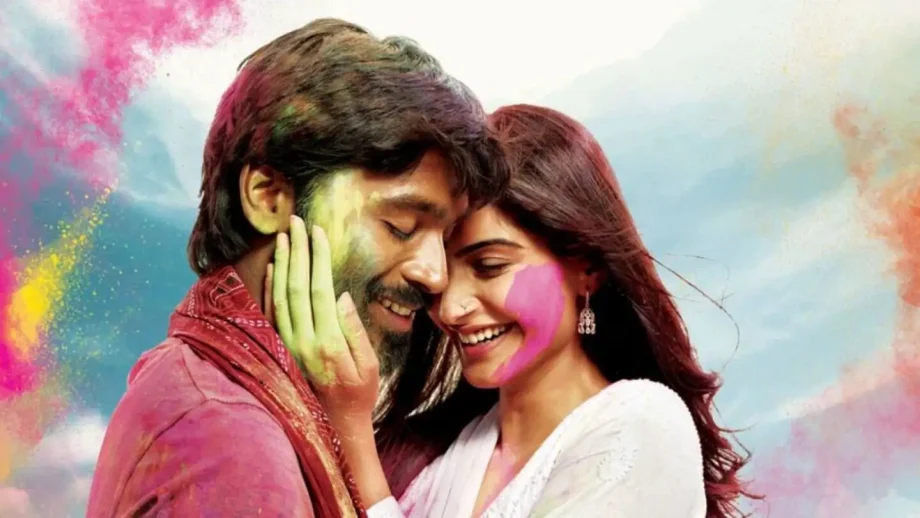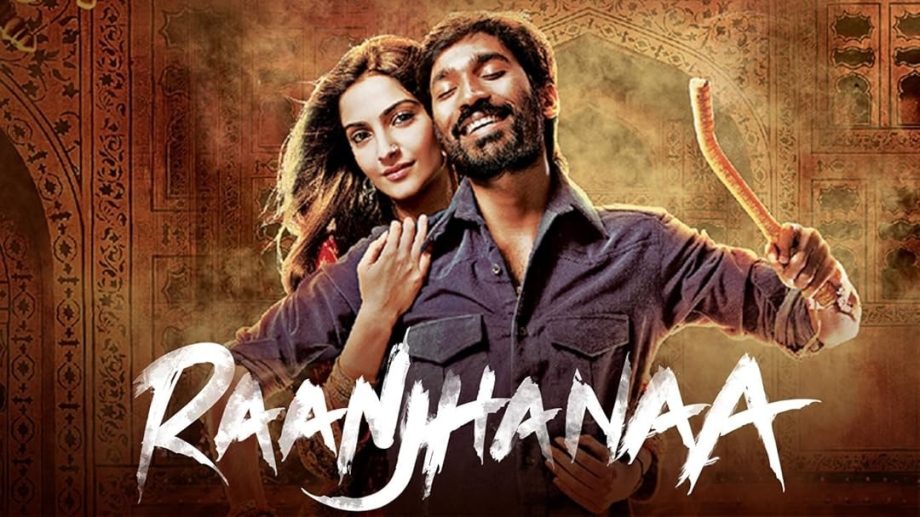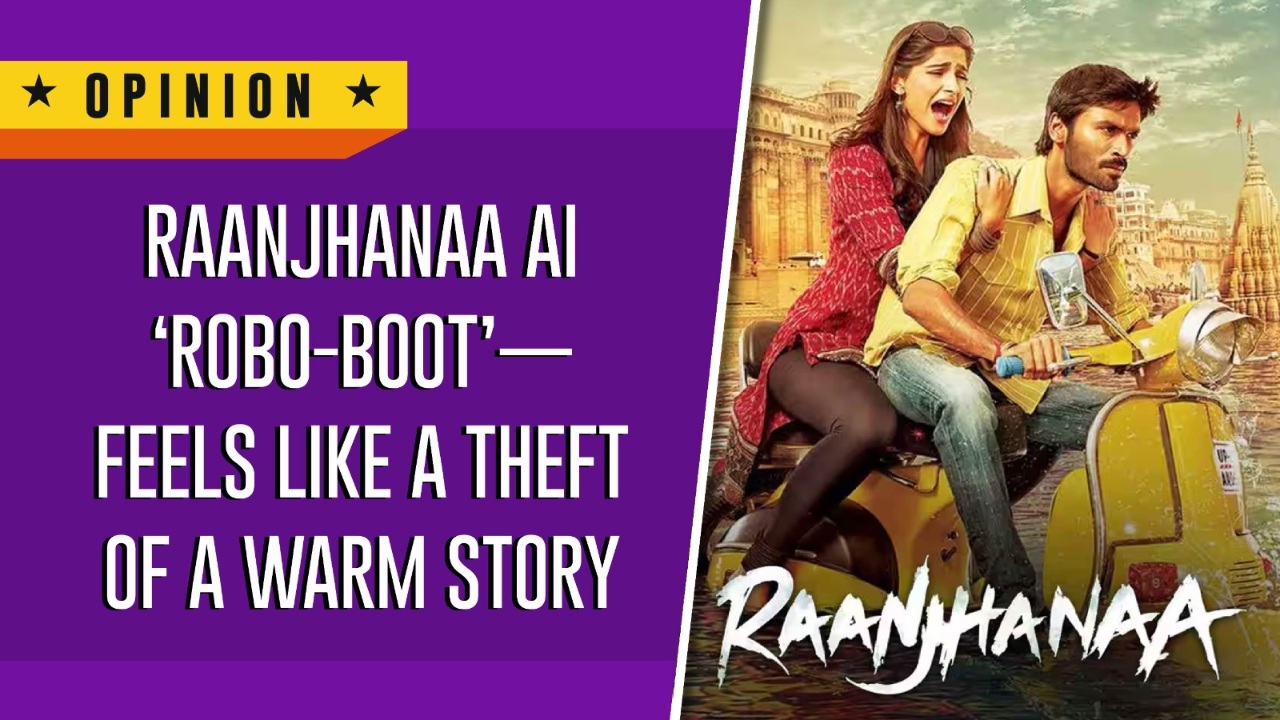The AI massacre is just getting right into the head. The debacle is constant—the rapid, rampant layoffs with AI replacing humans have already made quite a stir. And now, the omnipresence is swiftly sliding into art. If we say we did not see it coming, we are lying to ourselves. Raanjhanaa is the new victim, leading the trend.
As a writer, I can say that we remain the most vulnerable at this massive transitory moment. But so does every artist, whose job could easily be navigated by Artificial Intelligence. Humans are using ChatGPT to talk about their emotions and are eventually getting themselves into a delusional upheaval, with no cure but only catastrophe. With that, this sort of emotional robbery was just expected.

Coming to Raanjhanaa reboot, here’s what has led to the brouhaha: a film once known for its bleeding heart, now reduced to a bandaged version of itself. The AI-generated climax is a rupture to what the script held for so many years. Kundan waking up in a hospital bed, surrounded by smiling faces, is not hope, it’s hollow. The rage stems from the fact that this isn’t merely a different take, it’s tampering. It’s tampering with grief, with pain, with a love so flawed that it was poetic. Kundan’s death wasn’t just a plot point, it was closure, for him and for us. When that is replaced with feel-good fiction, we aren’t celebrating his survival, we’re mourning the death of authenticity. The new edit may look shinier, but it lacks the bruises that made the story human. And in doing so, it becomes a spectacle manufactured for comfort, not catharsis.

Eros offered a measured clarification, describing the AI-altered ending as a “lawful and creative reinterpretation, not a replacement.” They assured audiences that the original Raanjhanaa remains untouched and continues to be available across all platforms. What has been released is Ambikapathy, the Tamil version, reimagined with the help of AI, meant specifically for a different linguistic and cultural audience. Eros framed this as part of a well-established cinematic tradition, including alternate cuts, regional adaptations, and anniversary editions that offer fresh perspectives while preserving the original. And while that reasoning holds weight from a creative and legal standpoint, it opens up a deeper conversation. Even if the intent isn’t to erase the past, we are entering a space where reinterpretation could slowly blur the emotional integrity of stories that were once whole.
Now, the challenge before us is not to reject AI outright—that battle has already been lost, but to find ways to limit its reach, to use it wisely and deliberately. AI can be a powerful tool, but it must be guided by human intelligence and empathy. It should serve as an extension of our creativity, not its replacement. Without careful boundaries, we risk allowing technology to rewrite not just stories, but the very emotions that give them meaning.
There are some stories you just don’t mess with, like your grandma’s secret recipe or that one song you cry to in the shower. Raanjhanaa is one of those stories. Polishing its rough edges with AI might make it sparkle, but it also turns heartbreak into heartbreakingly bland. If we keep letting machines rewrite our pain, soon we’ll have perfectly edited sob stories with all the emotion sucked out, like trying to cry but your tears got stuck buffering. So yeah, AI can help us out, but some scars need to stay raw, some endings need to sting, and some films need to remind us that life isn’t always neat, tidy, or spoiler-free. Otherwise, what’s the point?

